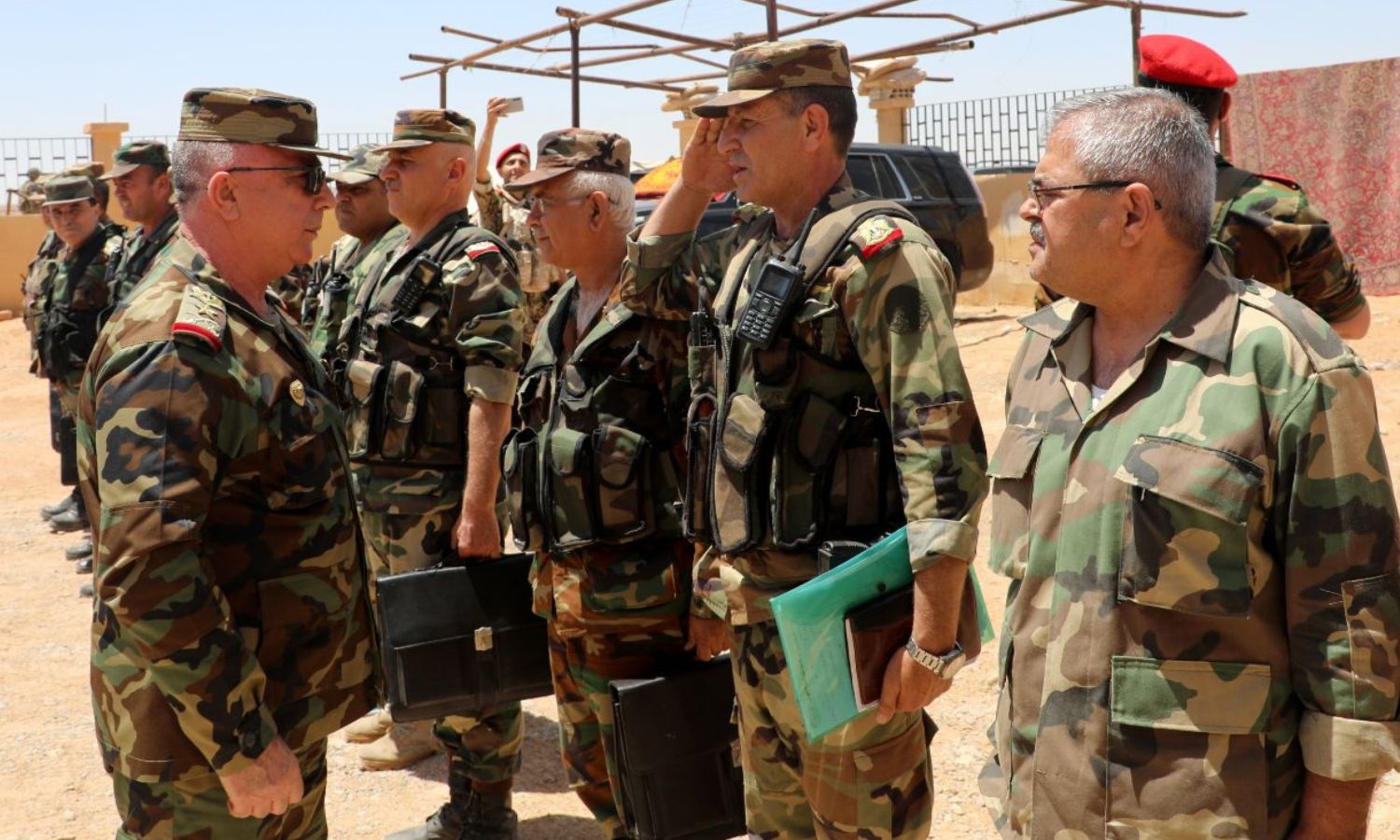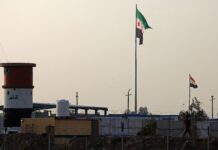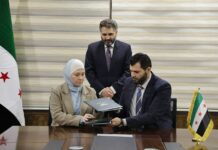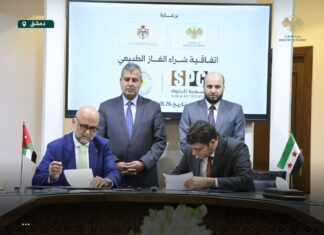
Bashar al-Assad’s regime is grappling with a dire recruitment crisis as it scrambles to counter the unprecedented momentum of the Repelling the Aggression campaign. Facing significant territorial losses and low morale among its ranks, the regime has resorted to forced conscription, economic incentives, and bribes to bolster its struggling forces. Meanwhile, revolutionary forces in liberated areas thrive on voluntary enlistment, driven by organic support and the shared vision of a free Syria.
In regime-held areas, enthusiasm for fighting is at an all-time low. Young men across the country, particularly in regions like Damascus’ Eastern Ghouta, Latakia, and Daraa have resisted joining Assad’s military. A failing economy, war fatigue, and distrust in the regime’s leadership have compounded the recruitment crisis.
To address this, Assad’s cousin, Wassim al-Assad, has launched a controversial recruitment campaign in Latakia. In a social media post, he offered a monthly salary of 3 million Syrian pounds ($200) and the promise of “status settlement” for deserters or those who previously avoided compulsory military service. These groups, under the Military Intelligence Division, would undertake “external missions” to support regime forces.
Even in Latakia province, traditionally seen as a bastion of support for Assad and the Alawite community to which he belongs, cracks are emerging. Many residents, including young men targeted by Wassim al-Assad’s recruitment campaign, have voiced resistance to joining the regime’s faltering military effort. Promises of financial benefits and “status settlement” for draft evaders have failed to inspire confidence in a population weary of a decade-long war and an economy in collapse.
Many Latakia residents told Syria TV they are increasingly unwilling to risk their lives for a regime that has failed to protect their economic and social interests. The promised salary of 3 million Syrian pounds, while seemingly high, is eroded by rampant inflation and does little to address widespread dissatisfaction and distrust in the regime and its institutions.
There is also growing distrust in the regime’s intentions. Many believe these recruitment efforts are simply a way to prolong the conflict, with little regard for the lives of those forced to fight. This rejection in Latakia signals a broader erosion of the regime’s base, including in areas once seen as pillars of support.
Simultaneously, the regime has intensified forced conscription efforts. In Eastern Ghouta, the Fourth Division recently detained more than 400 young men in towns such as Zamalka, Arbeen, and Ain Tarma, forcibly enlisting them into military service. Recruits on leave have been ordered back to active duty under threat of punishment, with officers reportedly making urgent calls to conscripts in Daraa province to report immediately. This coercion highlights the inherent differences between the regime’s struggling recruitment efforts and the vibrant volunteer-based model in liberated areas.
The Assad regime’s reliance on forced conscription starkly contrasts with the unity displayed by revolutionary forces and their supporters. In liberated areas, many willingly participate in the revolution, whether by joining the front lines, supporting civilian infrastructure, donating funds, or engaging in activism.
This dynamic has allowed the movement to sustain itself, even in the face of years of adversity. In contrast, the regime’s dependence on external actors like Russia, Iran, and Hezbollah highlights its growing isolation.
The recruitment crisis coincides with Assad’s frantic efforts to secure external support. For days, Assad remained silent as revolutionary forces swept through Aleppo, Idlib, and Hama. When he finally addressed the situation, his remarks exposed his regime’s dependence on foreign allies.
Assad met with Iranian officials and reportedly appealed to Iraq and the UAE for assistance. However, Tehran and its Iraqi proxies have hesitated to provide substantial reinforcements, citing concerns over escalating tensions with the United States and Israel. The regime’s reliance on foreign powers, coupled with internal discontent, paints a picture of a government struggling to maintain its grip.
As revolutionary fighters continue to make gains, it symbolizes not just a military effort but a broader movement of a nation determined to reclaim its freedom. The revolution remains a testament to the enduring spirit of the Syrian people, who refuse to be silenced despite nearly 14 years of oppression.








